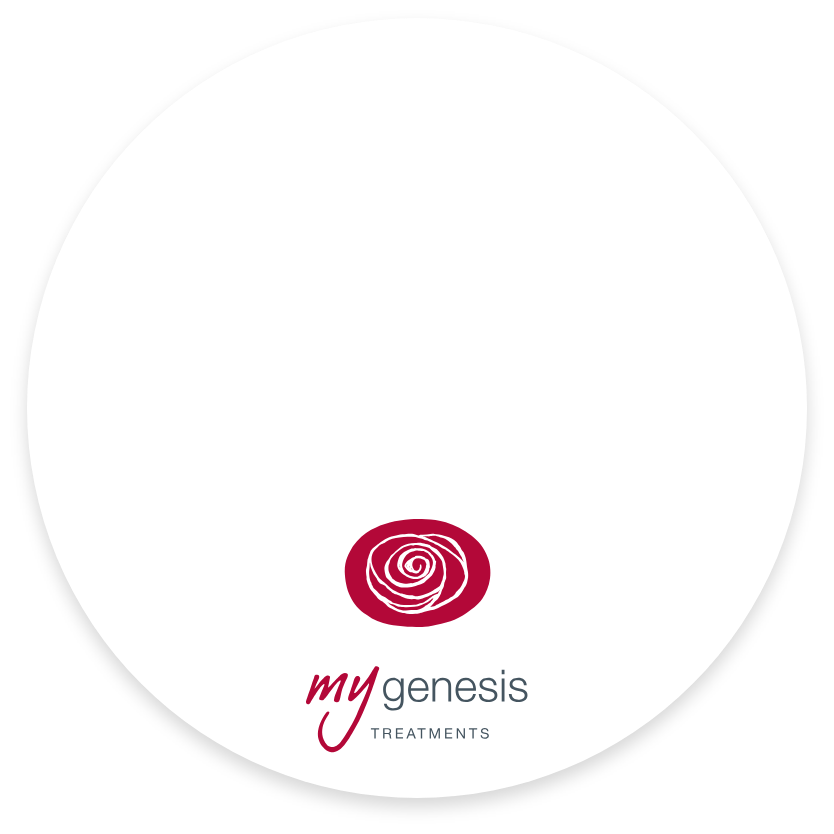
Yes! Pigmentation can absolutely be exacerbated in Summer. We spend more time outdoors when the weather heats up and may notice more spots, shadows, lumps and bumps. Instead of smooth glowing Summer skin, you may end up feeling patchy and wondering why.
Why does pigmentation get worse in Summer?
Your pigment does not need much encouragement to darken, even the slightest UV exposure from sunlight can affect it! Our pigment cells (melanocytes) are stimulated by a hormone – Melanocyte-stimulating hormone.
This hormone is produced in our pituitary gland and when our skin is exposed to the sun, it makes our melanocytes go into ‘protection mode’ to try and stop our skin from becoming sunburnt or damaged.
The catch is though that they are often not organised and uniform with their distribution of colour, hence uneven pigmentation occurs.
Even with the use of some sun protection your melanocytes can still become stimulated and over produce – which leads to an excess of pigment in your skin.
Will pregnancy make it worse?
Different hormonal shifts can certainly make our pigment cells behave differently. For most people their skin will return to normal not too long after their sweet baby arrives!
What can I do about pigmentation?
The type of pigment presenting on your skin will impact the type of care you require.
What is the essential, number one thing to do?
Slip, Slop, Slap, Repeat. If you want to prevent more pigment from occurring and protect yourself from further skin damage and ageing you must use sun protection. This includes wearing a broad brimmed hat, protective clothing and seeking shade where possible, and a good quality sunscreen is essential. Don’t forget to:
If you need assistance to understand and treat pigmentation, book for your skin analysis today!
Our qualified team provide a comprehensive range of treatments for complete skin rejuvenation, laser hair removal and non-surgical body sculpting.